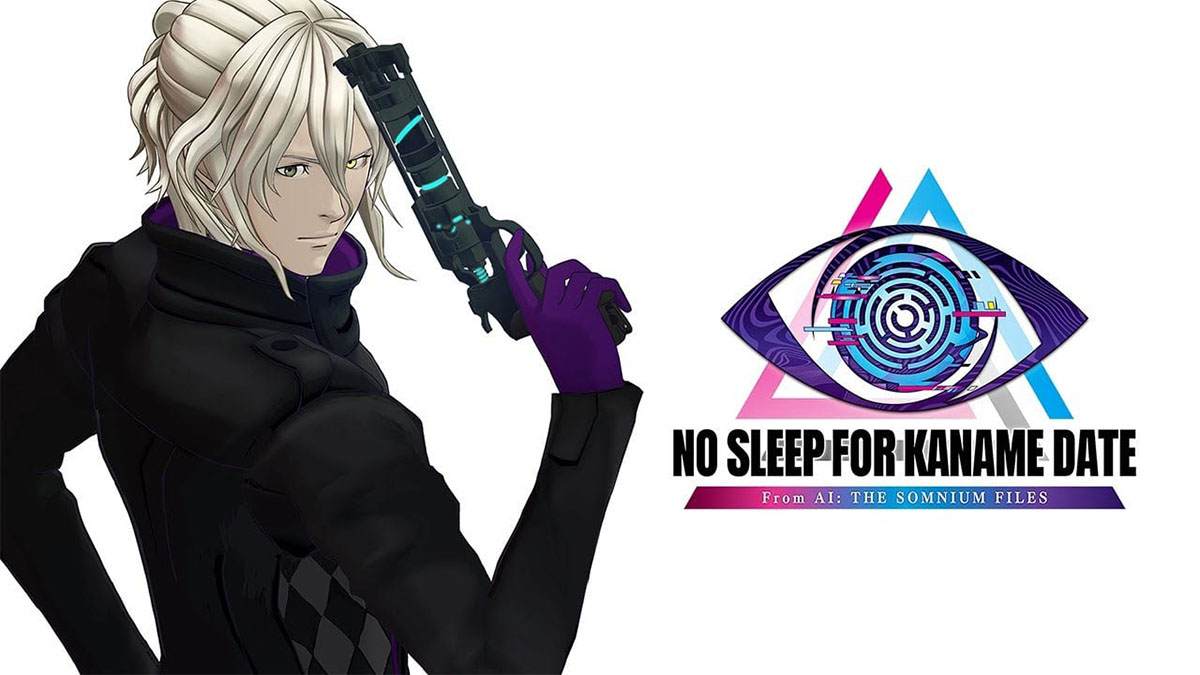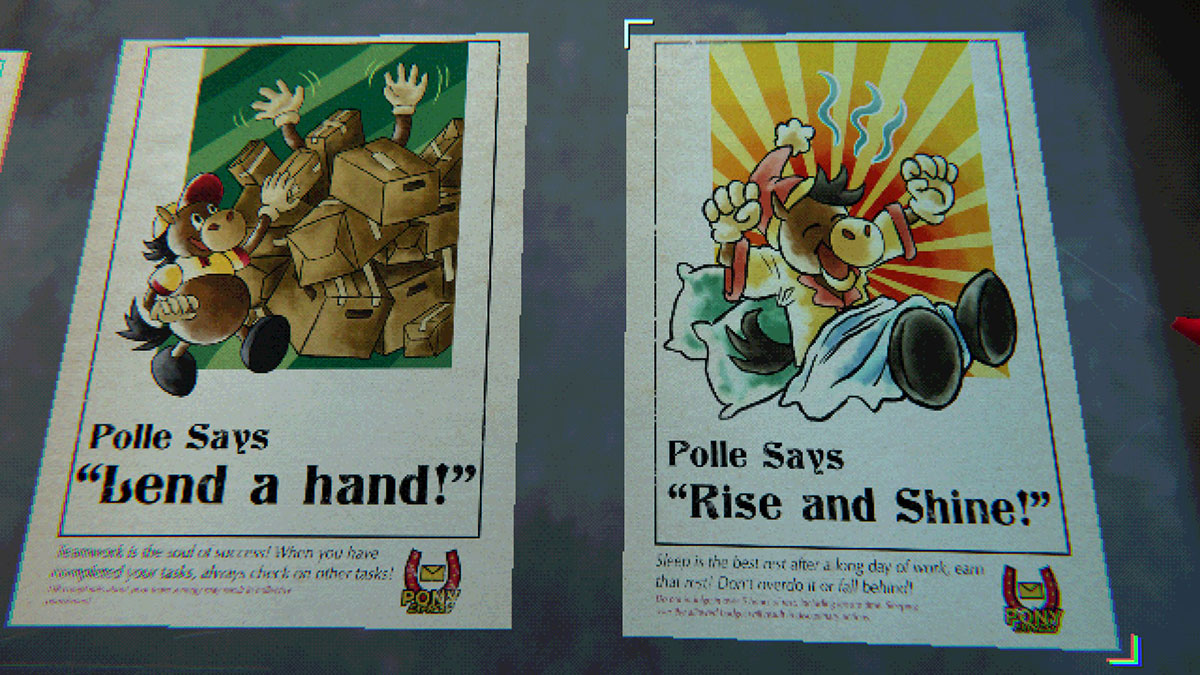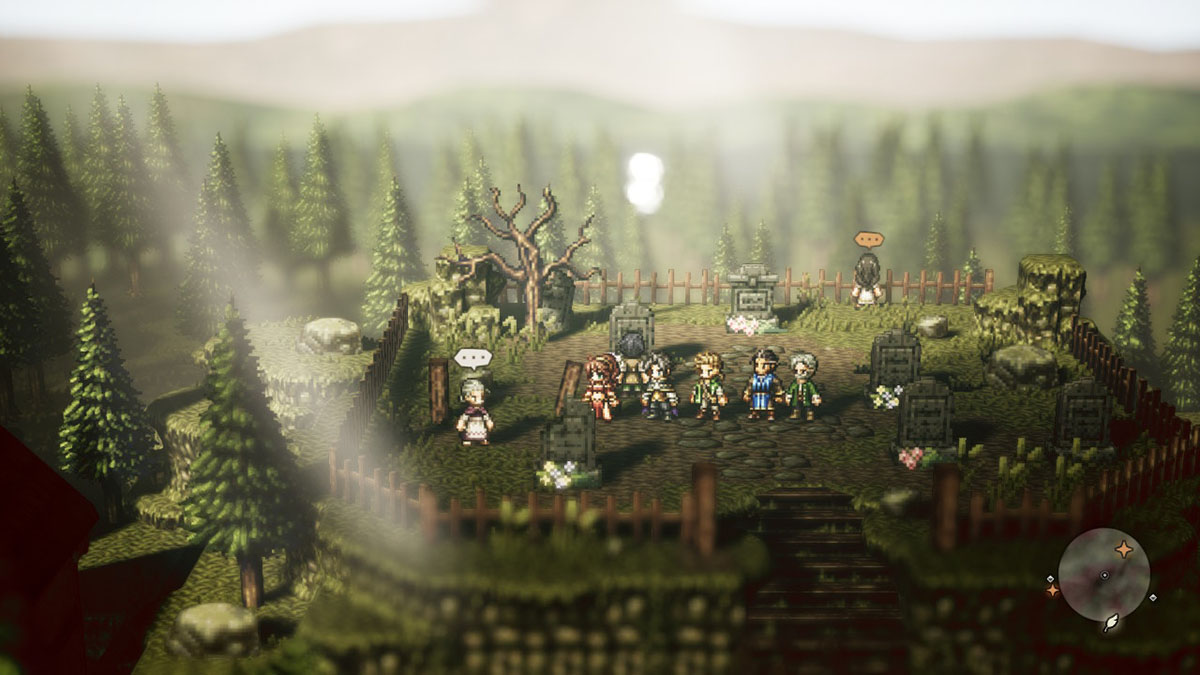A young man awakens to a mysterious power. He and his ragtag group of misfits use these powers to pursue a serial killer in a sleepy Japanese coastal town. The boy juggles his new supernatural life with his regular school schedule in a slice-of-life adventure.
As it turns out, Persona 4 and “Jojo’s Bizarre Adventure: Diamond is Unbreakable” have a similar synopsis. These are both pieces of Japanese media that I would argue have changed my life for the better. But for once, I will not be talking about Hirohiko Araki’s magnum opus.
Persona 4 (P4) is a role-playing game (RPG) released on July 10, 2008. It focuses on a group of high schoolers who awaken to their Personas, a manifestation of the ability to face one’s inner self.
As stated before, the teens use their new powers to investigate a serial killer. The perpetrator keeps throwing people into TVs, in what are speculated to be murder attempts, and the investigation team is the only one capable of rescuing the victims.
You play as the leader of the team, a silent protagonist named by the player (but later given the name Yu Narukami). Unlike other Persona users, Narukami has the ability to hold multiple Personas at once. He can freely switch between them and trade them out like any other tool in his belt.
As people are thrown into TVs, they find themselves confronted by “Shadows” of themselves, personifications of the aspects they try to keep suppressed. Jealousy, hatred, sexuality and more come to the surface.
It doesn’t end with the Shadows, though. Every time someone new is in the TV world, they create a new dungeon related to their insecurities. For example, a young man with suppressed gay thoughts creates a bathhouse.
When a character says the magic words to their Shadow, “You’re not me,” it transforms into the boss of that dungeon. Once the boss is defeated, the dungeon is cleared and the victim is safe from the serial killer.
When not investigating the murders, however, the player must also keep up with the regularities of teenage life. You are frequently asked questions in school and sometimes even receive exams. If you do well on these, your social stats improve.
Speaking of socializing, Persona’s Social Link system is back. The player is encouraged to make friends during their free time. Each possible friend has a Tarot card assigned to them. Coincidentally, every Persona the player can acquire is also associated with a Tarot.
Narukami’s ability to switch between Personas is useful both in and out of combat. While fighting, it allows the player to select from a wide variety of moves, ranging from different magical elements to better support options.
Matching your current Persona’s Tarot arcana to whomever you’re spending time with will increase the gains of friendship. For example, if Narukami has a Hierophant Persona, the player will gain more friendship points with the Hierophant Social Link.
In turn, increasing the Social Links allows the player to create stronger Personas of that arcana. It’s a simple numbers game: the better your bond with a person of a certain arcana, the better the Personas you make will be.
Switching gears, the music in this game is incredible. The high-energy J-pop of P4 keeps the player going. Its dynamic introduction to the game, “Shadow World,” sets the tone well. The game continues with banger after banger, such as “Reach Out to the Truth” and “Time to Make History.”
The cast of this game is extremely likable. The group of teenagers have real, human interactions with each other, and it feels like they and Narukami share both strong bonds of friendship and a desire to solve the mystery haunting their town of Inaba.
On Inaba, this game’s atmosphere is unmatched by any other piece of media. The town is so ordinary it’s appalling, and yet I could not be more interested in seeing what happens next to its citizens.
With all of that praise, there’s one glaring issue I have with Persona 4: it lacks any sort of replay value. Following the course of the murder mystery, solving it and dealing with the fallout are all fun, but narratively, they do not work on a repeat playthrough.
The story drags its feet when you already know what happens next. Combined with that, doing the Social Links a second time isn’t rewarding. It feels like you’re only doing it to achieve higher numbers, not because you want to explore interesting characters.
All of that said, this game, perhaps fittingly, gets a 4/5. Fans of mysteries, RPGs and slice-of-life games will love Persona 4.
Tolbert can be contacted at tolbernj7262@uwec.edu. Summon him as your Persona.















